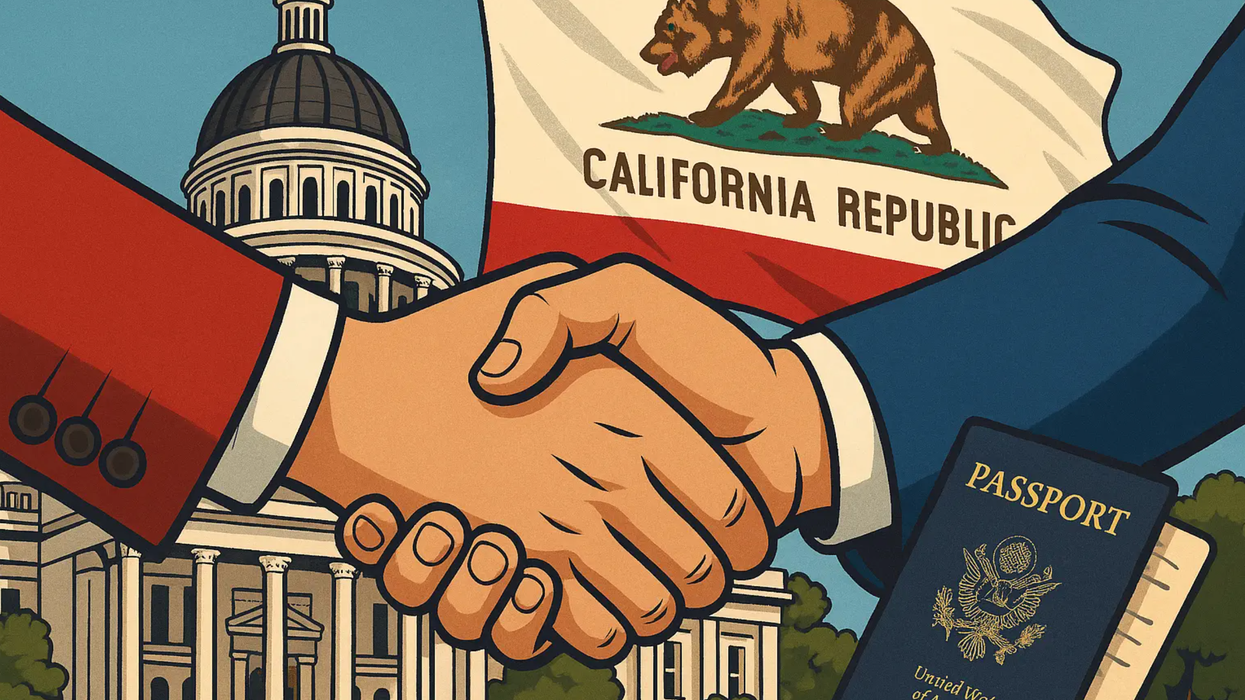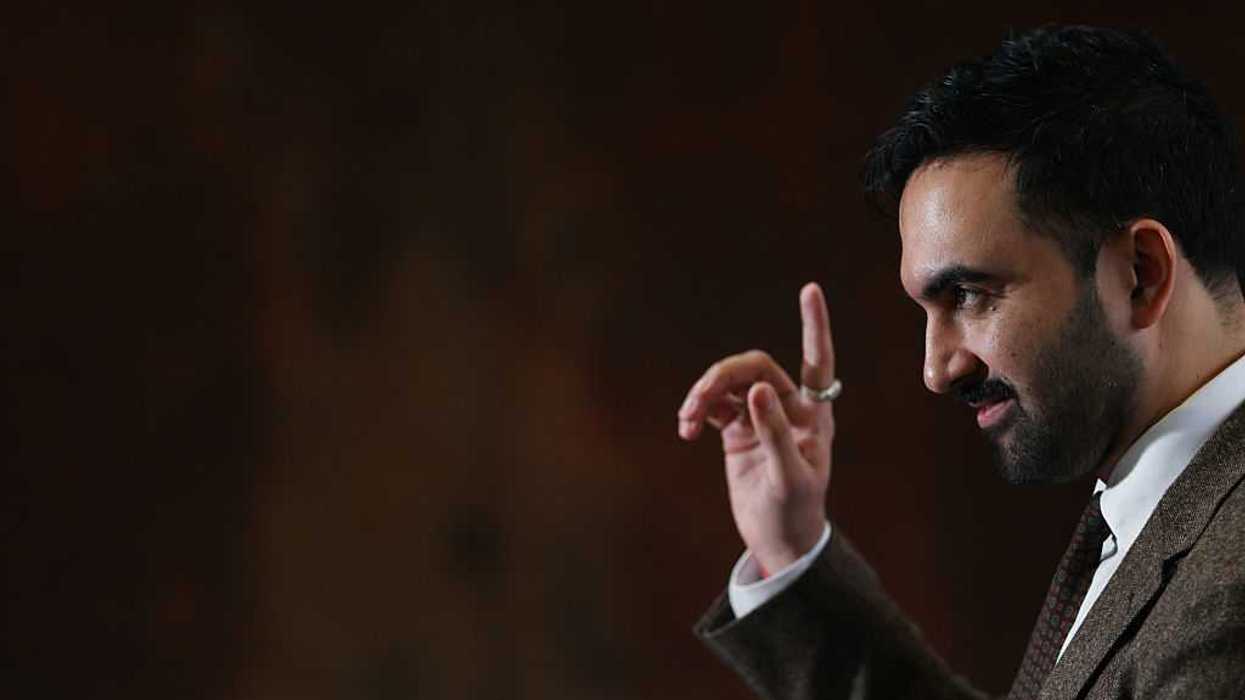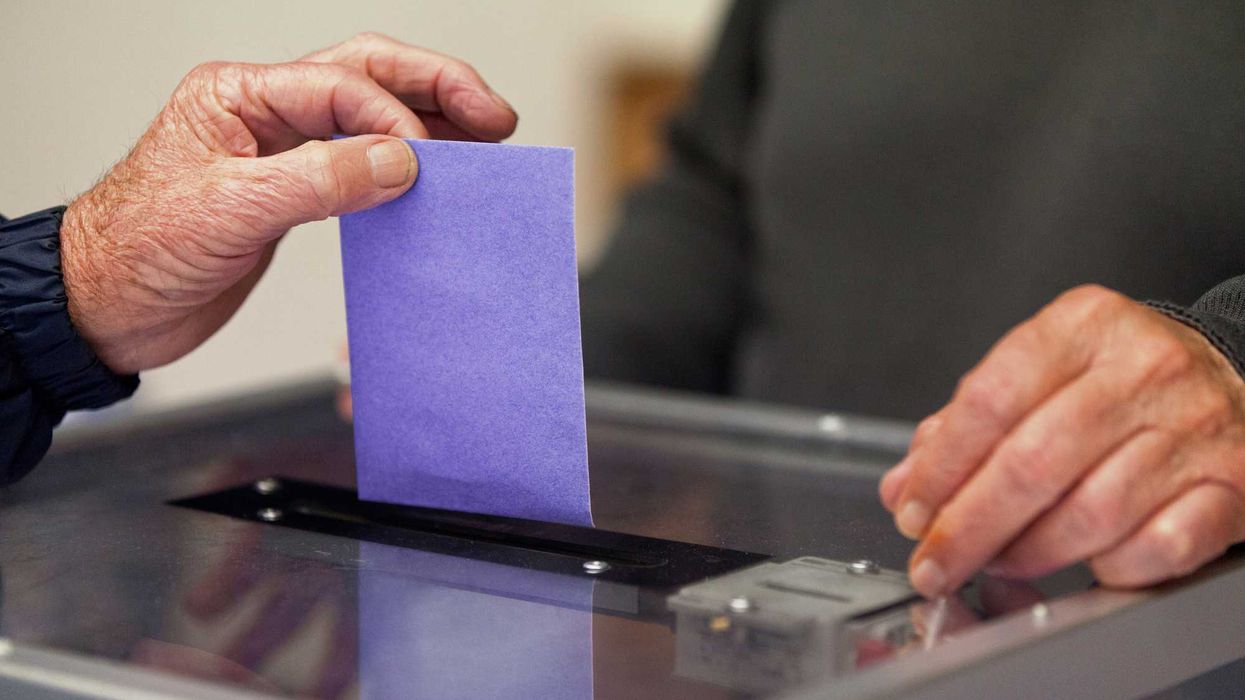SACRAMENTO, CA — In an era when immigration remains one of the most divisive issues in American politics, a bipartisan group of California lawmakers has done something rare: they’ve found unity.
This month, the California Legislative Problem Solvers Caucus, a bicameral coalition of Democrats and Republicans formed in 2020, unveiled a shared set of principles to reform the nation’s immigration system.
Led by Assembly GOP Leader-elect Heath Flora (R Ripon), Assemblymember David Alvarez (D-San Diego), and Assemblymember Anamarie Ávila Farías (D Concord), the caucus laid out a five-point immigration framework that includes securing the border, protecting due process, acknowledging immigrant contributions, and creating a legal pathway to status for undocumented residents who pose no public safety risk.
“As a border legislator and son of immigrants, I know firsthand that California cannot wait for more gridlock in Washington,” said Alvarez. “These principles represent a bipartisan effort to move past division and put forward a balanced, realistic approach to immigration reform. I urge Congress to take up these principles and finally enact comprehensive immigration reform that our nation needs.”
"Let’s make a system that works,” he told CBS. “People want to be legalized; they will come forward if you give them the chance to do so. That opportunity does not exist, and it needs to exist for this to work."
A Framework Born of Frustration and Opportunity
The framework reflects growing frustration among California lawmakers, particularly those from border regions, with Congress’s decades-long failure to update federal immigration law. While immigration is a federal issue, California’s economy and labor force rely heavily on immigrants, and the state feels the consequences of federal inaction more acutely than most.
Members present at the State Capitol press conference unveiling the plan included Co-Chairs Flora, Alvarez, and Ávila Farías, and Senator Suzette Valladares (R Santa Clarita), as well as Assemblymembers Josh Hoover (R Folsom), Juan Carrillo (D Antelope Valley), Jeff Gonzalez (R El Centro), Esmeralda Soria (D Fresno), Laurie Davies (R Laguna Niguel), and Darshana Patel (D San Diego). Assemblywoman Blanca Pacheco also signed on to the principles, writing on Facebook: “We must do everything we can to protect our values and our undocumented families.”
Why California Republicans Are Uniquely Positioned to Lead
Beneath the announcement lies a deeper political truth: California Republicans are in a rare position to move immigration reform forward not by obstructing Democrats but by working with them.
Thanks to California’s nonpartisan Primary system, candidates from all parties appear on the same ballot in the primary, and the top two vote-getters advance to the general election regardless of party affiliation. That system rewards Republicans who appeal to independents and moderates and penalizes hardline partisanship.
In many districts, Republicans have to work with Democrats to remain competitive. That makes California a stark contrast to states with partisan primaries like Texas or New Jersey, where political survival often depends on ideological purity.
As Assemblyman Flora told CapRadio in an interview this week, his goal as the new GOP leader is not just to elect more Republicans but also to support “more moderate Democrats.”
“We just need people to work together. We need people that can actually meet people where each other's at,” Flora said. “We certainly are going to be fighting hard to be in a respectful opposition party and elect more Republicans. But once that is said and done, then it's getting back to work for the people of California with my Democratic colleagues.”
A Different Kind of GOP Power
California Republicans are operating in a different political universe than national figures like President Donald Trump and Florida Governor Ron DeSantis, who in contrast, are touting a detention site in the Florida Everglades called “Alligator Alcatraz,” because “if someone escapes, there’s a lot of alligators you’re going to have to contend (with).”
- YouTube youtu.be
The California Republican caucus isn’t backing down from border security. It’s one of the five core principles in the framework. But they’re also acknowledging economic reality: California depends on immigrant labor, and millions of undocumented residents have long contributed to the state’s economy and communities.
The Five Shared Principles
The bipartisan framework outlines the following:
- Acknowledging Contributions: Undocumented immigrants and DACA recipients have long enriched California’s economy and culture.
- Border Security: A secure border is critical to stopping drug trafficking, preventing human exploitation, and protecting national safety.
- Due Process Protections: All people are entitled to equal treatment under the law, a core democratic value enshrined in the Constitution.
- Economic Integration: Millions of undocumented immigrants work in essential industries and pay taxes. Legal status would further unlock their economic contributions.
- Pathway to Legal Status: A legal pathway should exist for undocumented residents who do not pose public safety risks.
A Letter to Trump and a Message to Congress
In a related move, GOP Sens. Valladares, Rosilicie Ochoa Bogh, and Brian Jones, along with GOP Assemblymembers Flora, Diane Dixon, and Laurie Davies, sent a letter to President Trump urging him to adopt a more targeted immigration enforcement strategy.
“We respectfully ask you to focus deportations on criminals, and to support legal immigration and visa policies that will build a strong economy, secure our borders, and protect our communities,” the letter sent on July 1 states.
The lawmakers expressed concern over recent ICE raids that, they said, are hurting industries and creating fear even among legally present workers.
“This fear is driving vital workers out of critical industries, taking California’s affordability crisis and making it even worse for our constituents.”
Instead, they propose that enforcement be focused on immigrants with criminal records. They also urge Trump to support immigration reform that provides “undocumented immigrants with longstanding ties to our communities a path toward legal status,” along with expanded temporary work programs and simplified hiring processes for employers.
Will Washington DC Listen?
The California lawmakers say they plan to send their bipartisan framework to Congress, including to members of the National Problem Solvers Caucus, with a direct appeal to break the long-running immigration stalemate.
Whether federal leaders listen is another matter. But one thing is clear: California’s unique political structure has created a rare opportunity for bipartisanship on one of the most intractable issues in American politics.
And in a surprising twist, it may be Republican lawmakers who have the most power to make something happen that works for the broadest majority of Americans
California Is Doing What Congress Can’t on Immigration was originally published by Independent Voter News.




















